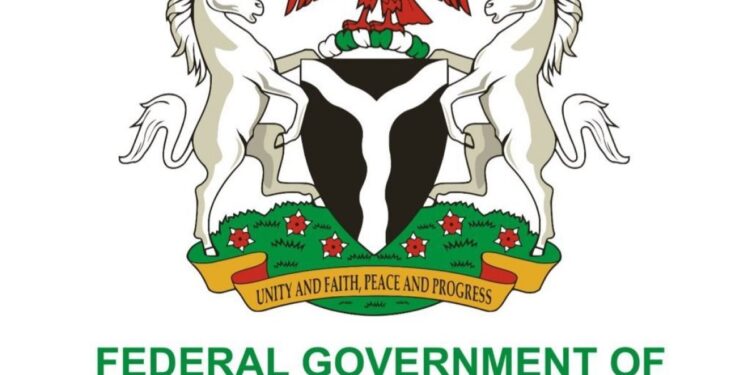Nigeria’s latest treasury bills auction, held on February 19, 2025, drew significant investor interest, with total subscriptions reaching N2.41 trillion across the three tenors offered. However, this figure represents a decline from the N3.22 trillion recorded in the previous auction on February 5, 2025. Despite the lower demand, the Central Bank of Nigeria (CBN) increased allotments, particularly for the 364-day bills, while stop rates edged lower, signaling shifting investor sentiment and potential implications for the fixed-income market.
Auction Breakdown
The auction results highlighted varying levels of interest across the tenors. The 91-day bills, with an offer size of N80 billion, attracted subscriptions totaling N62.14 billion, lower than the offered amount. The CBN allotted N34.77 billion at a stop rate of 17%, with bid rates ranging from 16% to 25%.
The 182-day tenor, offering N120 billion, garnered N49.88 billion in subscriptions, with N34.98 billion allotted at a stop rate of 18%. Bid rates for this tenor spanned 17.24% to 22.5%, reflecting a tighter spread compared to the shorter tenor.
The 364-day bills saw the highest demand, with an offer size of N500 billion attracting a staggering N2.3 trillion in subscriptions. The CBN allotted N704.38 billion at a stop rate of 18.43%, with bids ranging from 16.5% to 25%. This indicates strong interest from institutional investors seeking long-term government securities.
Shifting Investor Preferences
Investor appetite for short-term securities remained robust, with the 91-day and 182-day tenors experiencing a sharp rise in subscriptions compared to the previous auction. The 91-day bills recorded N62.14 billion in subscriptions, up from N42.37 billion in the February 5 auction, while the 182-day bills saw demand rise from N19.52 billion to N49.88 billion. This surge reflects a liquidity-driven strategy, with investors favoring safer, short-term placements amid evolving macroeconomic conditions.
In contrast, demand for the 364-day bills declined significantly, falling from N3.16 trillion in the previous auction to N2.3 trillion. Despite this, the CBN increased its allotment for this tenor to N704.38 billion, up from N619.36 billion, indicating efforts to balance investor demand with liquidity management.
Declining Stop Rates
A notable outcome of the auction was the decline in stop rates across all tenors. The 91-day bills cleared at 17%, down from 18% in the previous auction, while the 182-day bills settled at 18%, compared to 18.5%. The most significant drop was observed in the 364-day bills, where the stop rate fell to 18.43% from 20%.
This downward trend reflects increased competition among investors and suggests expectations of a more stable interest rate environment. The narrowing spread between bid rates and final stop rates also indicates cautious investor sentiment, particularly for longer-duration instruments.
Market Implications
The oversubscription in the 364-day tenor highlights investors’ preference for higher yields amid economic uncertainties and inflationary pressures. The high demand underscores the attractiveness of Nigerian debt instruments, offering viable returns compared to other asset classes.
The decline in yields aligns with broader trends in the fixed-income market, where rates have shown signs of moderation amid stable liquidity conditions. This could be linked to the CBN’s efforts to manage inflation and reduce the cost of government borrowing while maintaining manageable liquidity levels.
Bottom Line
The latest treasury bills auction reflects a dynamic fixed-income market, with investors balancing short-term liquidity needs and long-term yield expectations. As the CBN continues to navigate inflationary pressures and liquidity management, the performance of treasury bills will remain a key indicator of market sentiment and economic stability.










